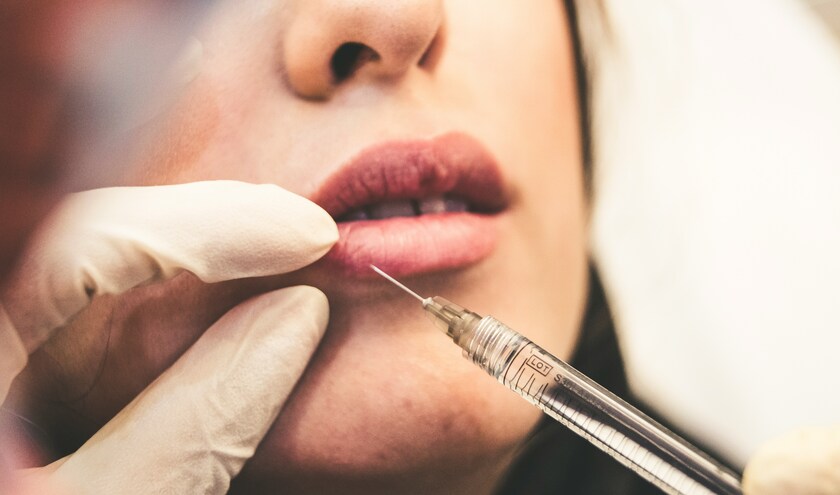Under the measures only suitably qualified, CQC registered healthcare professionals will be able to carry out high-risk procedures such as Brazilian Butt Lifts.
Minister of state for health Karin Smyth said: ‘The cosmetics industry has been plagued by a Wild West of dodgy practitioners and procedures. There are countless horror stories of cosmetic cowboys causing serious, catastrophic damage.
‘This Government is taking action to protect those seeking treatments, support honest and competent practitioners, and root out the cowboys as part of our Plan for Change.
‘This isn't about stopping anyone from getting treatments - it's about preventing rogue operators from exploiting people at the expense of their safety and keeping people safe. We're giving them peace of mind and reducing the cost to the NHS of fixing botched procedures.'
Lower risk cosmetic treatments - including Botox, lip fillers and facial dermal fillers - will also come under stricter oversight through a new local authority licensing system.
The new rules, which are designed to protect people from unqualified, rogue operators and reduce the cost to the NHS of fixing botched procedures, also include plans for restrictions for under 18s on high-risk cosmetic procedures, unless authorised by a healthcare professional.
A public consultation on the range of procedures which should be covered in the new restrictions will be published early next year.
Reaction
Dr Mike Tee, medical doctor at the Harley Street Skin Clinic, said: ‘This is a welcome (though long-overdue) step towards ensuring the safety of patients across the UK. I've witnessed the outcomes first-hand where patients have undergone procedures and treatments carried out by unqualified and unregulated individuals, often with devastating effects. It's not just the physical trauma, botched treatments can cause serious psychological harm, which could easily have been avoided with proper clinical oversight.
‘I fully support these reforms and urge the Government to implement legislation swiftly and comprehensively before any further damage is done.'
Healthcare regulation partner, Christian Carr at law firm Spencer West LLP, said: ‘We can expect these reforms, which fill gaps in the regulation of procedures that can involve high risk of adverse outcomes, to be generally welcomed by the public.
‘These changes follow many reported cases in the media over several years highlighting the often devastating consequences of these cosmetic interventions.
‘One theme in such reports is the surprise and confusion on the part of members of the public about the lack of regulatory monitoring and control of the people and places offering these services. Unsafe assumptions have often been made about the training and qualifications of those offering the services. Regulated professionals and provider organisations can also be expected to regard them favourably, as filling these gaps will ultimately serve to protect and enhance their reputations for delivering skilful, ethical, safe care.
‘Sensible and robust enforcement will be key to ensuring effectiveness of the reforms.'



